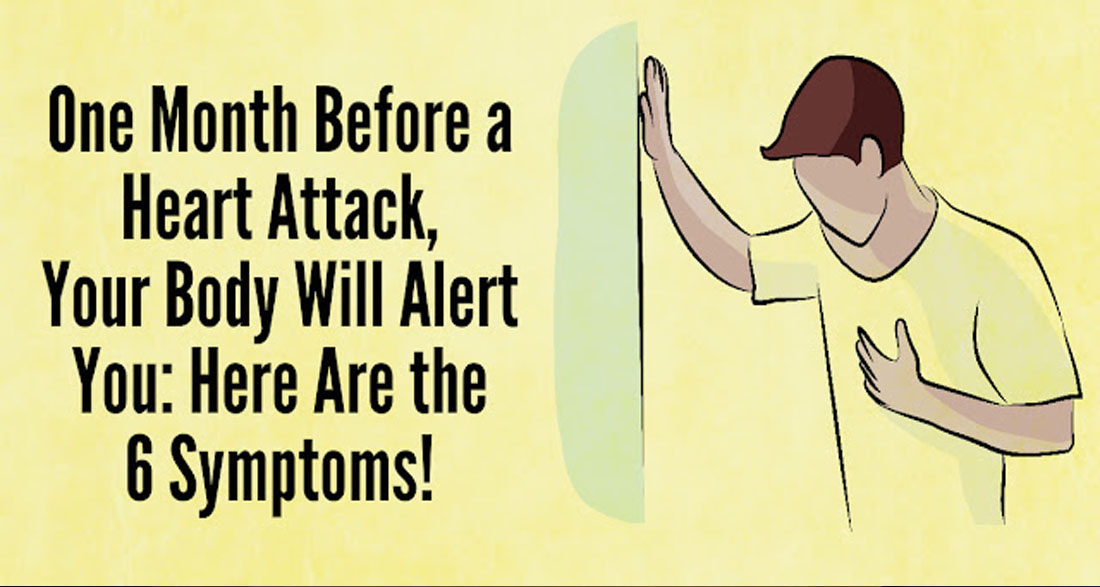Understanding Heart Attacks: Recognize the Signs and Stay Healthy
In recent years, heart attacks have become very common around the world. Sadly, they are the number one cause of death globally. Many people experience heart attacks due to stressful lifestyles and unhealthy eating habits. But the good news is that you can take steps to protect your heart and improve your cardiovascular health!
By making some simple changes to your lifestyle—like eating healthier foods and reducing stress—you can help keep your heart strong. It’s also important to know the signs of heart problems. Many symptoms can appear about a month before a heart attack happens, so being aware of these can save your life. Here are some key warning signs to watch out for:
1. Shortness of Breath

If you find it hard to breathe or feel like you’re not getting enough air, it could be a sign that your heart isn’t getting enough blood. This is a serious symptom, and you should consult your doctor right away if you experience it. As one doctor says, “Breathing issues can indicate that your heart is struggling to function properly.”
2. Cold and Flu Symptoms
Interestingly, many people report feeling like they have a cold or the flu before a heart attack. This can include symptoms like fatigue, body aches, and even nausea. If you feel unwell and can’t shake it off, it’s worth checking in with a healthcare professional.
3. Chest Pressure
Feeling pressure or tightness in your chest is a clear warning sign that something might be wrong with your heart. This symptom should never be ignored. As experts advise, “If you experience chest pain or pressure, seek medical help immediately. It could save your life.”
4. Weakness
When your arteries narrow, blood flow can be restricted, which means your muscles aren’t getting the oxygen they need. If you constantly feel weak or fatigued, it’s essential to talk to your doctor. This ongoing weakness can be a sign that your heart is not functioning as it should.
5. Cold Sweats and Dizziness

If you start to feel dizzy or break out in cold sweats, it may be due to poor circulation affecting your brain. This can disrupt your brain’s function and is a serious symptom. If you experience these feelings, don’t hesitate to reach out for medical advice.
6. Drowsiness
Feeling tired or drowsy even after a good night’s sleep can indicate that your heart isn’t getting enough blood. If this drowsiness lasts for several days, it’s important to consult a doctor. As one health expert mentioned, “Persistent fatigue can be a sign of underlying heart issues that need attention.”
Take Action!
Preventing heart attacks is crucial. By recognizing these symptoms early and getting the proper treatment, you can significantly lower your risk of a heart attack. Remember, it’s always better to be safe and consult a doctor if you have any concerns about your heart health.
Taking care of your heart is a lifelong commitment, but with the right knowledge and lifestyle changes, you can lead a healthier, happier life. What do you think of this information? Have you ever experienced any of these symptoms? Share your thoughts in the comments below!














